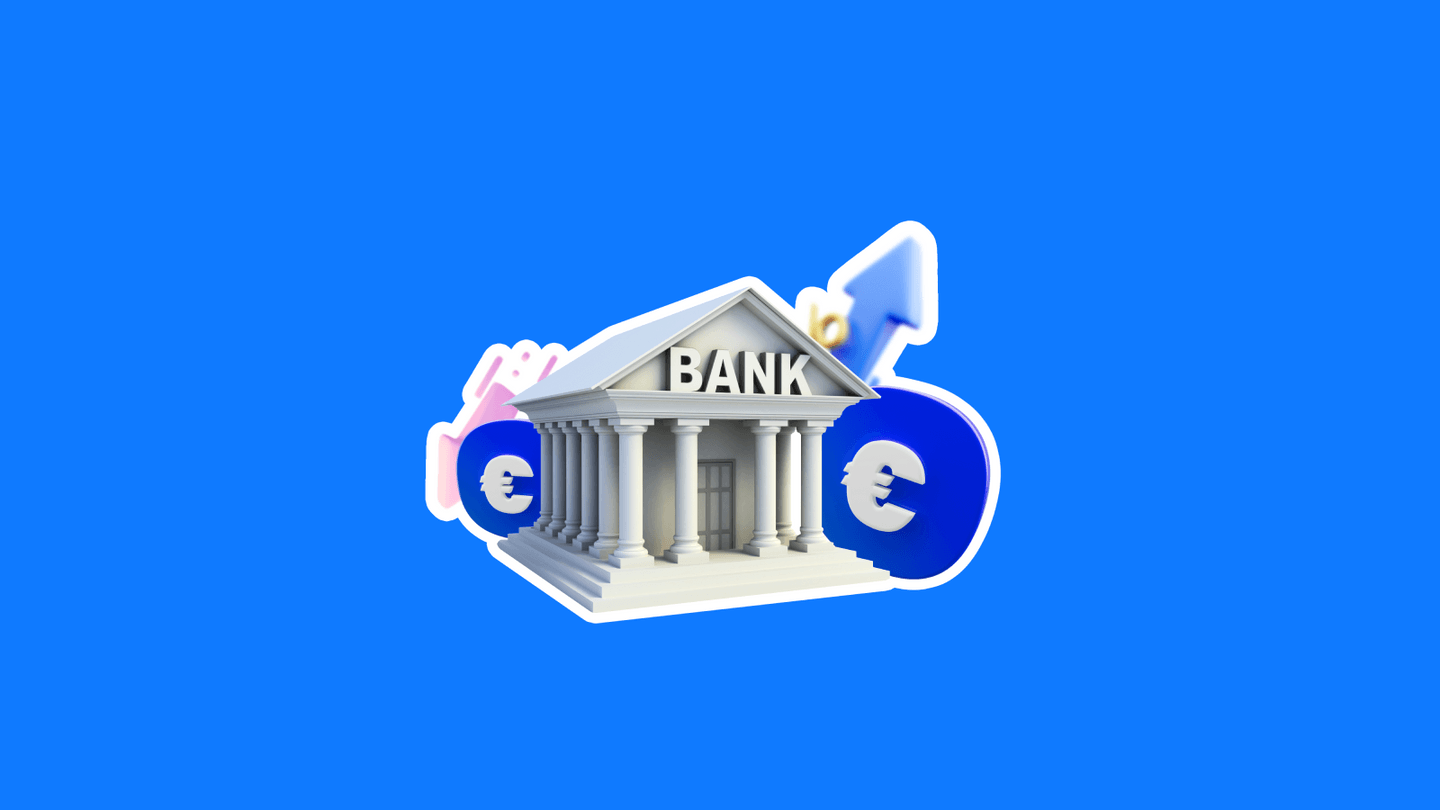The European Central Bank (ECB) has just made a significant move, raising its key interest rate by 0.5% to 3.5%. This major shift in monetary policy, as market participants scramble to understand the implications of this decision.
This article will explore the rationale behind the ECB's move and its potential consequences on traders and investors in various asset classes. From potential inflationary pressures to adjustments in portfolio strategies, this rate hike promises to have far-reaching effects on the financial landscape.
ECB takes action against high inflation
Today's ECB statement reveals the central bank's worry about the ongoing high inflation that has been affecting the Eurozone economy.
For example, the EU’s inflation ex-food and energy continued to increase in Feb, and ECB staff expect an average of 4.6% in 2023, higher than Dec forecasts.
In response, the ECB has developed a plan to reinvest money from maturing securities acquired through its stimulus program, which will last until at least the end of 2024. This plan is designed to keep liquidity flowing and help support the economy as it deals with inflation.
The ECB staff's predictions suggest that additional key rate increases are likely, with expectations for both 2024 and 2025.
The central bank wants to emphasize that decisions about policy rates will depend on evaluations of inflation prospects, considering incoming economic and financial information, the movement of core inflation, and how effective monetary policy is at addressing the issue.
How does raising the interest rate affect the markets?
The ECB's decision to raise interest rates has had a notable impact on various market segments.
➡️ Gold prices ($XAU/USD) have seen a boost following the announcement, with the precious metal benefiting from the heightened banking sector risks and solidifying its status as a safe-haven. The gold price is now rebounding and testing the monthly high of $1,937 as market participants eagerly await further cues from President Lagarde's press conference.
➡️ In currency markets, the $EUR/GBP has stayed above the 50-Daily Moving Average (DMA) at 0.8770. However, the Euro is weighed down by the absence of clear indications on the central bank's future policy path.
➡️ The $EUR/USD pair is bracing for intense volatility in response to the ECB's policy announcements, with the possibility of a significant recovery to challenge previous levels and beyond.
➡️ Meanwhile, European stock indices like the $FTSE100 are experiencing downward pressure following the ECB's rate hike decision.
As the markets digest the implications of this monetary policy shift, investors and traders will monitor these developments closely to adjust their strategies accordingly.
Summary
- The ECB has raised its key interest rate by 0.5% to 3.5%, creating significant implications for traders and investors across various asset classes.
- This move comes as the central bank expresses concerns over ongoing high inflation in the Eurozone economy.
- The ECB staff anticipates further rate increases in both 2024 and 2025, with policy decisions based on evaluations of inflation prospects and incoming economic data.
- Market impacts include a boost in gold prices, currency market fluctuations (notably in EUR/GBP and EUR/USD pairs), and downward pressure on European stock indices.


